The Science of Salt: Updating the evidence on global estimates of salt intake
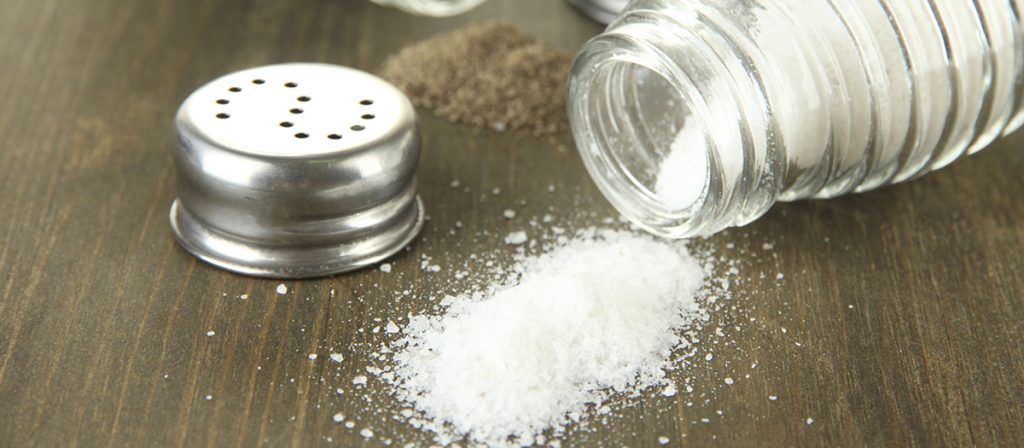
A recent review by Thout SR et al aimed to update the evidence on population salt intake globally, following the 2010 Global Burden of Disease (GBD) study. Studies that measured salt intake using 24-hour urine collection in a nationally representative sample between January 2011 and September 2018 were included. Thirteen studies met the inclusion criteria, […]
Packaged foods on the Mexican market found to be high in sodium

Nieto C et al conducted a cross-sectional study to investigate how many products on the Mexican market met sodium benchmark targets. Three benchmark targets were compared against; targets set by the United Kingdom Food Standards Agency (UK FSA), the Pan American Health Organization (PAHO), and the Mexican Commission for the Protection of Health Risks (COFEPRIS). […]
Impact of salt reduction on health outcomes – modelling study in Cameroon
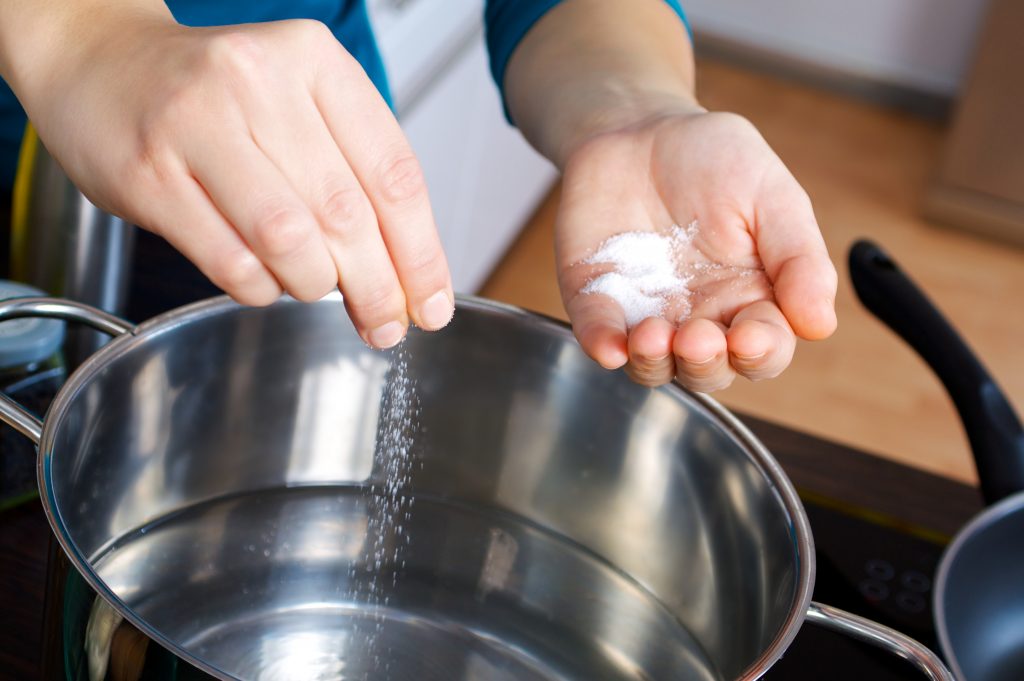
A modelling study by Aminde LN et al investigated the potential health impacts of reducing salt intake by the World Health Organization’s (WHO’s) recommended 30% relative reduction in Cameroon. The model predicted a decreased lifetime incidence of ischaemic heart disease, haemorrhagic strokes, ischaemic strokes and hypertensive heart disease, and decreased mortality rates from these causes. […]
Potential use of salt substitutes to reduce blood pressure
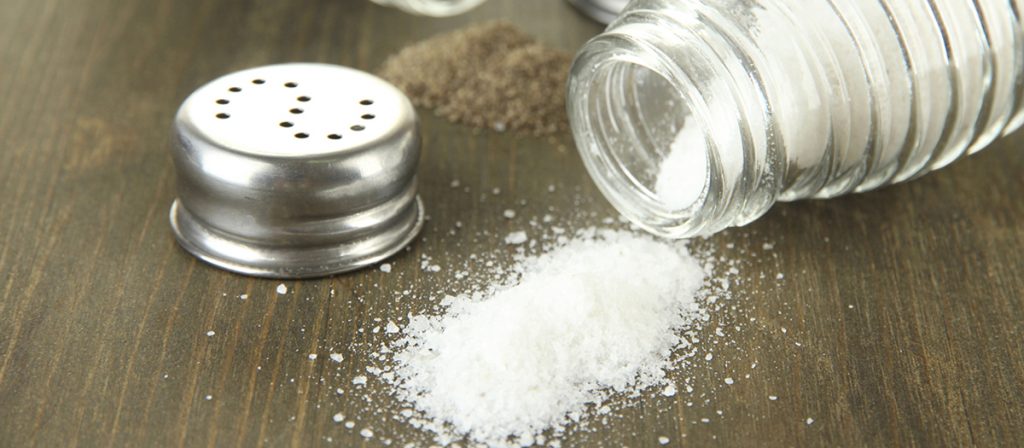
Farrand et al published a commentary outlining the potential use of salt substitutes to complement existing salt reduction strategies. Salt substitutes offer an opportunity to further reduce population salt intake and also increase potassium intake, which will reduce population blood pressure and assist in preventing and managing hypertension. They recommend governments consider promoting and subsidising salt […]
Iodine fortification of foods and condiments, other than salt, for preventing iodine deficiency disorders (Review)

Santos et al recently published a Cochrane Review, investigating the addition of iodine to foods other than salt to prevent diseases caused by inadequate iodine intake. Eleven studies met the authors’ inclusion criteria, seven randomised control trials (RCTs), three cluster non-RCTs and one randomised cross-over study. The majority were carried out in school aged children […]
Mid-term evaluation of Malaysia’s National Salt Reduction Strategy
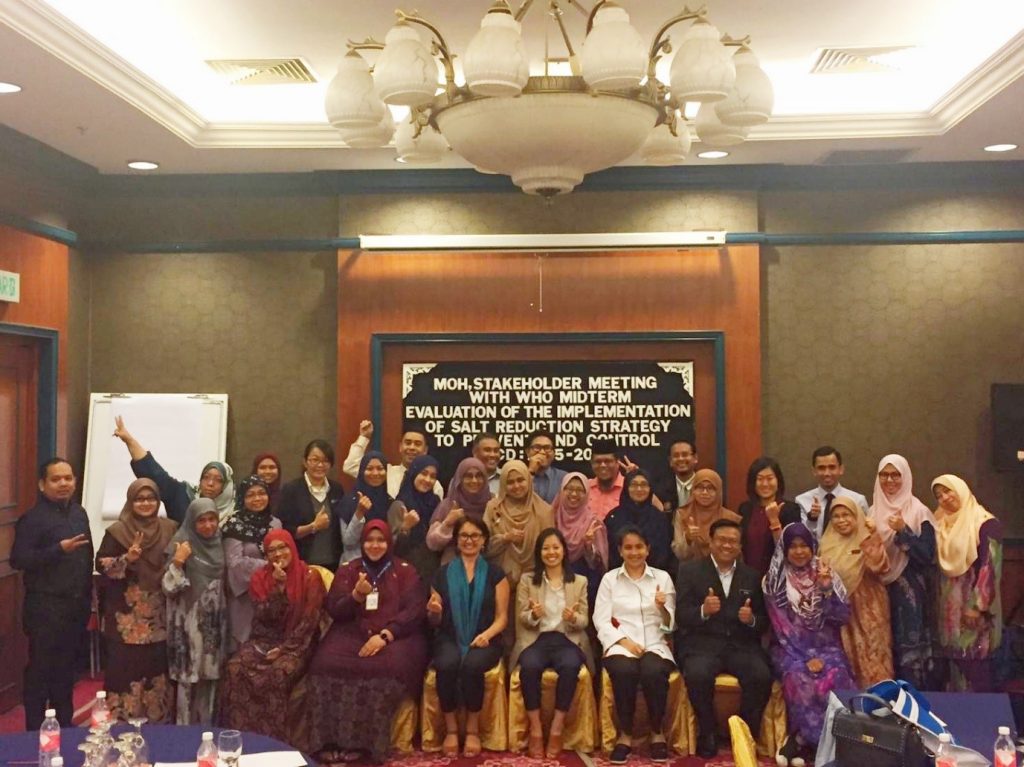
In November last year, with support from WHO, Kathy and Jacqui from the George Institute supported a Ministry of Health workshop in Malaysia to understand the progress of the national salt reduction strategy to date, with a view to providing recommendations for strengthening implementation and monitoring of the strategy in the next two years. The […]
Sodium Levels in Packaged Foods Sold in 14 Latin American and Caribbean Countries: A Food Label Analysis

In 14 Latin American and Caribbean countries, Arcand et al investigated the sodium content of 12 packaged food categories, and determined that 82% of foods were already meeting the regional target at baseline, and almost half were already meeting the lower target. More than 90% of products were already meeting the targets for uncooked pasta and […]
Dough mixing properties and white pita bread sensory characteristics as affected by salt reduction
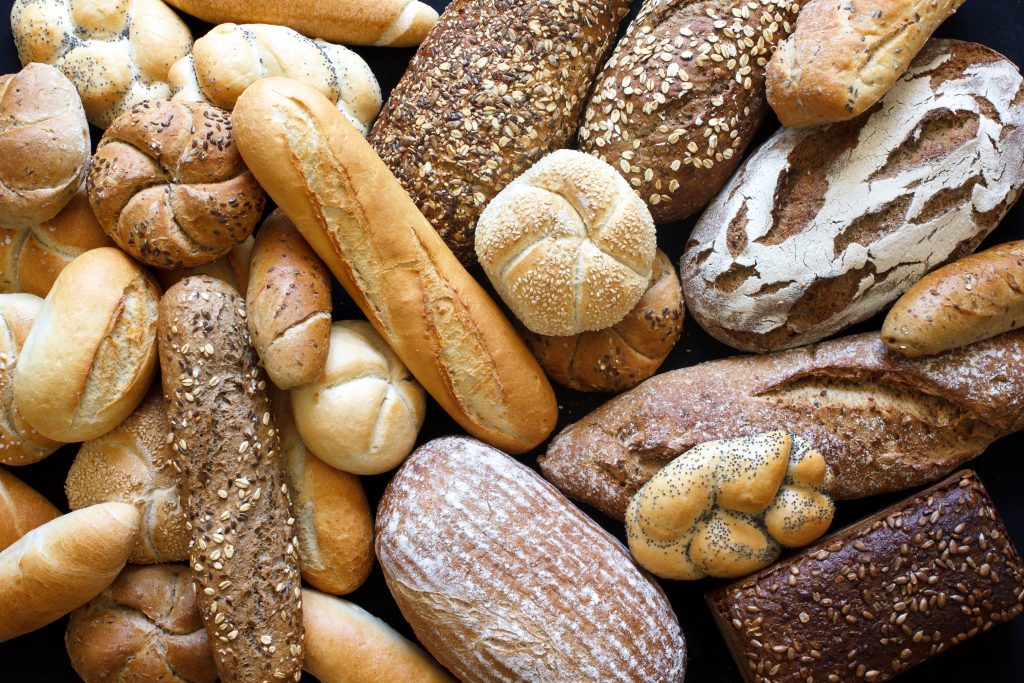
A recent study by Georges C et al investigated the dough mixing properties and sensory characteristics of white pita bread using three different types of salt (NaCl, Ag-NaCl and NaCl-KCl). For acceptability, the “just-about-right” scale showed 0.9% normal salt (NaCl) was optimal in bread. This “saltiness” could be achieved by the alternative salts, resulting in a […]
Understanding Barriers and Enablers to State Action on Salt: Analysis of Stakeholder Perceptions of the VicHealth Salt Reduction Partnership
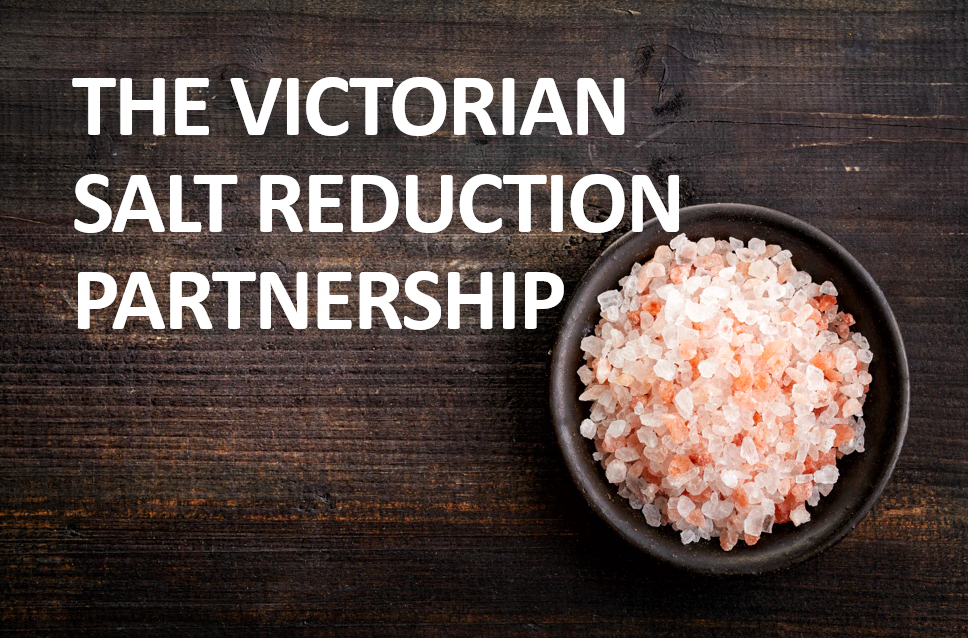
A study by McKenzie et al investigated stakeholder perceptions of the Victorian Salt Reduction Partnership. The Partnership consists of health and research organisations that came together in 2015 to develop an action plan for salt reduction interventions in Victoria, Australia. Fourteen stakeholders were interviewed (12 members of the partnership and two informal collaborators) at the mid-point […]
The Digital Education to Limit Salt in the Home Program (DELISH) Improved Salt-Related Knowledge, Attitudes, and Behaviors in Parents
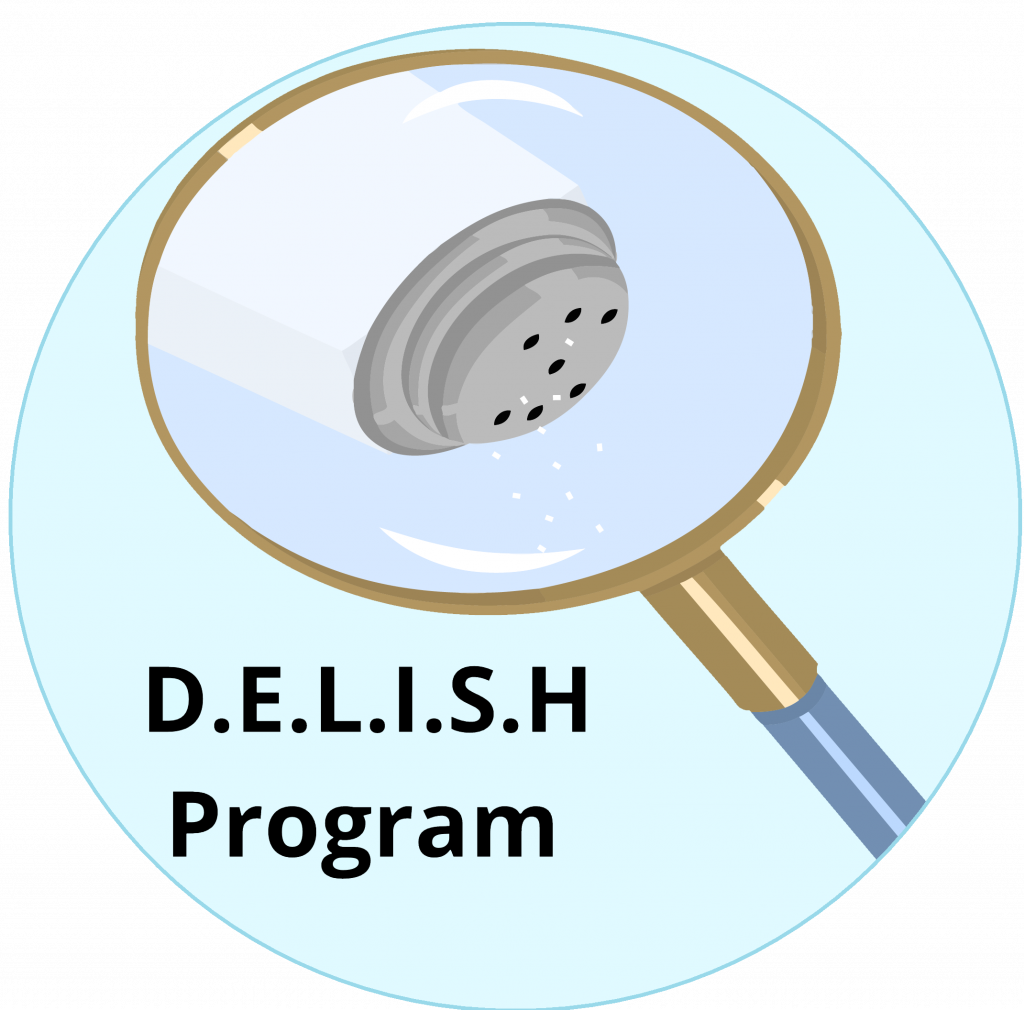
A study by Khokhar et al recently published in the Journal of Medical Internet Research highlights the potential use of web-based programs to improve salt-related knowledge, attitudes and behaviours (KAB). This pilot study investigated the effect of a 5-week web-based intervention, comprising online newsletters and text messages, and online KAB surveys, in parents and school-children. Significant […]